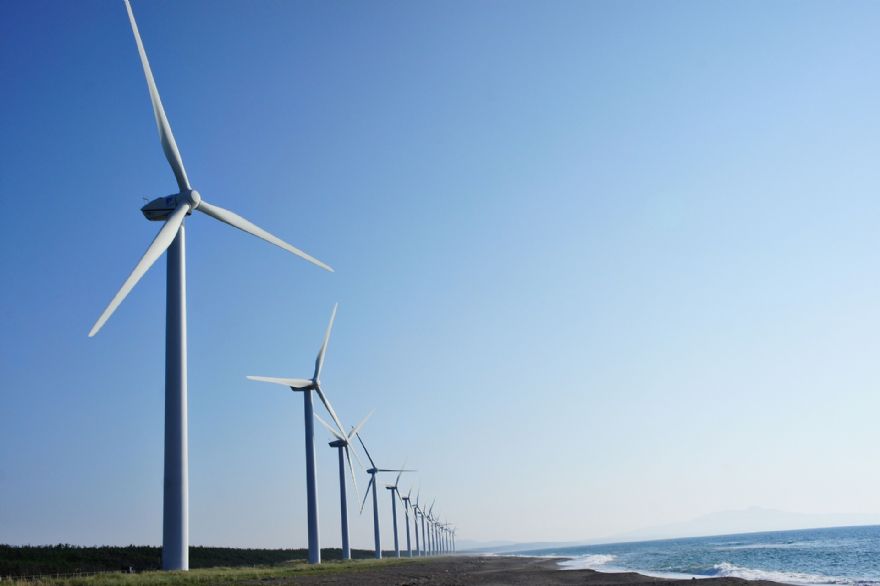
A new study from
University College London has revealed that UK investment in wind energy delivered a net financial benefit of over £100 billion to energy consumers between 2010 and 2023, directly challenging long-held assumptions about the cost of transitioning to ‘green’ energy.
Published in
UCL Open Environment, the research shows that wind power reduced electricity bills by £14.2 billion and cut natural gas costs by £133.3 billion over the 13-year period. After accounting for the £43.2 billion in green subsidies paid by consumers, the net saving amounted to £104.3 billion.
As international delegates prepare for
COP30 in Brazil, the findings bring renewed focus to the UK’s energy strategy and dispute the notion that sustainability, affordability and energy security are mutually exclusive. The authors argue that wind energy investment should be recognised as a public good, with Government support delivering direct benefits to both consumers and industry.
To evaluate the financial impact of wind energy, researchers modelled the long-term Merit Order Effect (MOE) — a mechanism by which low-cost renewable energy reduces wholesale electricity prices. Unlike previous studies that considered only short-term MOE, this analysis incorporates the cost of building new gas capacity, offering a more comprehensive view of market dynamics. Earlier models estimated the net benefit at just £0.9 billion, a figure dwarfed by the current study’s findings.
The report highlights that continued investment in gas throughout the 2010s would have driven up demand and prices. Instead, the UK expanded wind capacity from five terawatt hours (TWh) to 80TWh, accounting for 30% of national electricity generation. This growth displaced gas generators and helped lower electricity prices.
Substantial financial benefitsColm O’Shea, lead author and researcher at UCL Geography, said: “Far from being a financial burden, this study demonstrates how wind generation has consistently delivered substantial financial benefits to the UK. To put it into context, this net benefit of £104 billion is larger than the additional £90 billion the UK has spent on gas since 2021 as a result of rising prices related to the war in Ukraine.”
While consumers have benefitted from lower prices, the report notes that wind generators earn less per unit of energy, limiting profitability. The authors caution against using sector profitability as a measure of value. Mr O’Shea added: “The simplistic assessment that the wind industry is a drag on the UK economy is deeply mistaken. It is perfectly possible for the wind industry to be consistently unprofitable without Government support yet still deliver a net financial and economic benefit to the country. This study demonstrates why we should reframe our understanding of green investment from costly environmental subsidy to a high-return national investment.”
The study also raises concerns about the fairness of the current funding model. Electricity users, who pay 100% of green subsidies, receive only 18% of the financial benefit. In contrast, natural gas users — who contribute nothing to wind investment — have received 82% of the benefit since 2010.
Professor Mark Maslin, co-author and researcher at UCL Geography, said: “The study raises serious questions about the fairness of who funds our transition to renewables and who benefits. Right now, the biggest winners are not the investors, wind generation firms or even electricity consumers who foot the bill for subsidies — it is natural gas consumers, who benefit from reduced household and industrial energy bills.”
Professor Maslin concluded: “We should look at wind power as a public good, like our schools and roads, where governments and citizens stand to spend a little and gain a lot. Investment in wind is not just environmentally sound, it is economically strategic and is one of the best investments the UK has made in the last decade.”